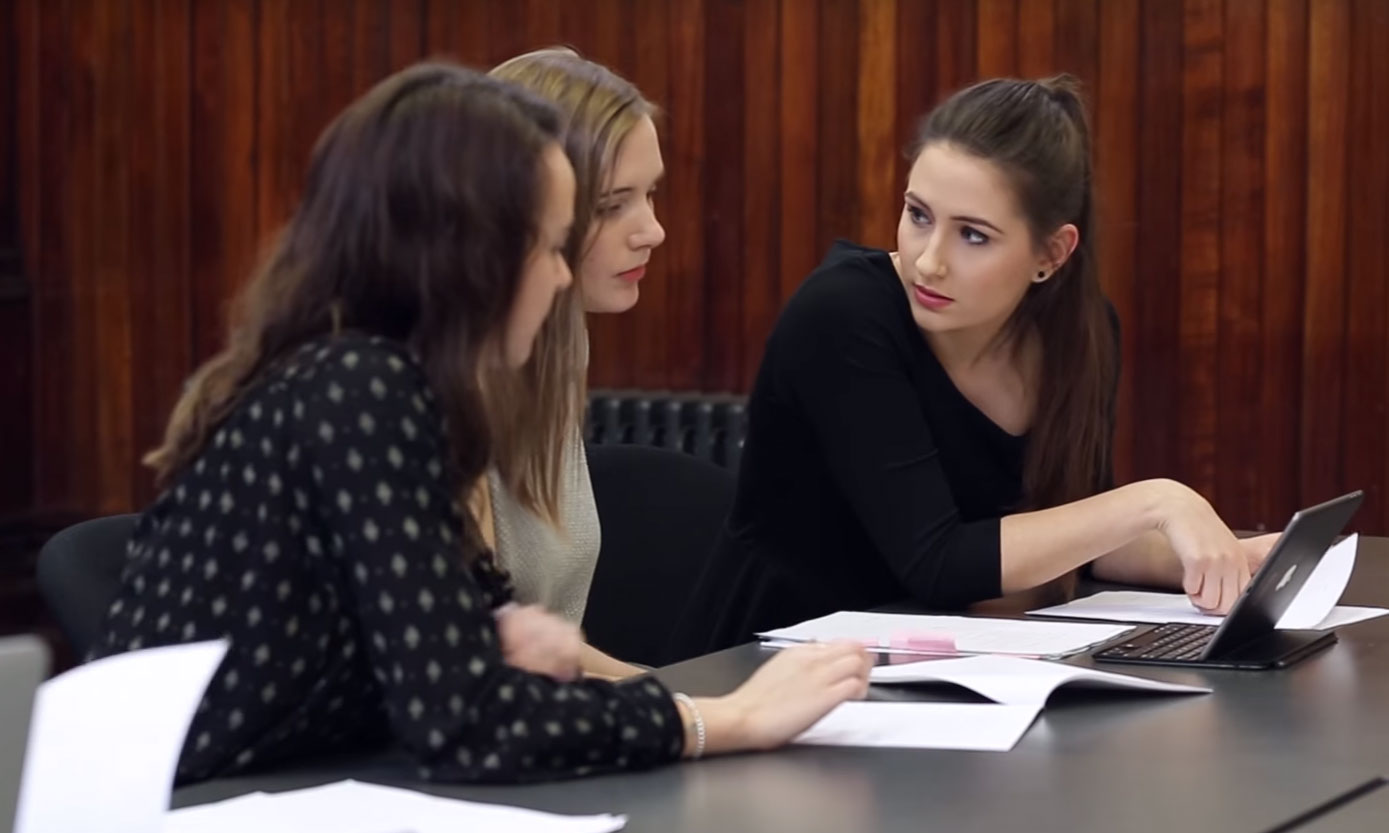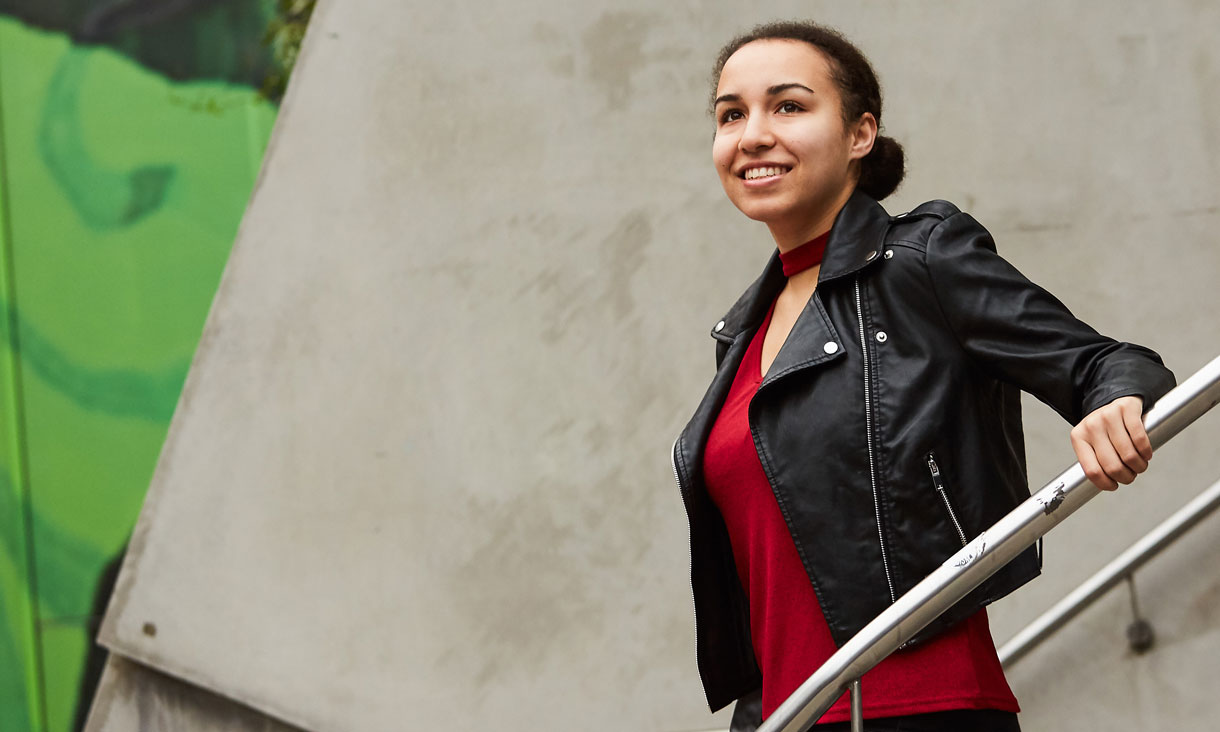

Activate your passion for social justice while you learn from leading industry practitioners and gain practical experience through simulated projects.
Not a local student?
Not an international student?
Eaque ipsa quae ab illo inventore veritatis et quasi architecto beatae vitae dicta sunt explicabo.
Eaque ipsa quae ab illo inventore veritatis et quasi architecto beatae vitae dicta sunt explicabo.
Eaque ipsa quae ab illo inventore veritatis et quasi architecto beatae vitae dicta sunt explicabo.

The Bridge of Hope Innocence Initiative is a joint venture between RMIT University and The Bridge of Hope Foundation that aims to investigate claims of wrongful conviction.
The Bridge of Hope Innocence Initiative is a joint venture between RMIT University and The Bridge of Hope Foundation that aims to investigate claims of wrongful conviction.
Staff, students and industry collaborate to investigate claims of wrongful conviction
This video highlights the work of RMIT student volunteers, lecturers and professionals when investigating claims of innocence. It is set in a RMIT courtroom classroom and has ambient music playing in the background throughout the duration of the video.
Duration: 2:59 mins
[Screen title]
Dr. Gregory Stratton (Lecturer, Justice and legal studies, RMIT University)
[Visuals]
Dr. Gregory and students working on case material around a table in the courtroom
So the innocence initiative is a program run by students who investigate claims of innocence. Those claims can come from people who are in prison or have been released. The program has a social justice element that allows us to assist people who otherwise don’t have access to legal help
[Screen title]
Robert Stary (Lawyer and Principal at Stary Norton Halpen)
[Visuals]
Robert Starry face to camera in office
Thereare many people from the Magistrates’ Court through to the Supreme Court who simply don’t have the resources or the funding capability to adequately defend their cases.
[Visual]
Students looking through case files
So we rely more than ever on pro bono services and the innocence project and the Bridge of Hope foundation are really two important linked organisations that really help ensure that a person does receive justice.
Dr. Gregory Stratton (Lecturer, Justice and legal studies, RMIT University)
[Visuals]
Students sitting around a table on laptops and flicking through notes while discussing cases with Dr Gregory Stratton.
Before we take on a case students review an application, they then determine the facts of the case so they work through all the materials that we get. If they feel like there is something in that case we’ll contact lawyers who work with us and then hopefully we can then work our way through to an appeal.
[Screen title]
Kimberley Hards (Student and Innocence Initiative Volunteer, RMIT University)
[Visuals]
Students looking at photo evidence on iPads, reading court documents and recreating crime scenes in front of the class
People who believe they’ve been wrongfully convicted apply to the program and we get in all of their case materials, we go through the court transcripts the photos of the crime, anything we can find to try and come to a conclusion on whether or not they actually did commit the crime.
I didn’t expect to be as involved as we get to be, we work in a secure room, and we get to recreate crime scenes, deal with real evidence and make phone calls to police officers.
[Visuals]
Robert Starry face to camera in office
Firstly we all want to see justice prevail and it provides students with an opportunity to analyse a case in a forensic way, to improve their skills, to understand how the justice system works and to look at really the disparity that happens between prosecution resources and defence resources particularly with the defunding of legal aid.
[Visuals] Two students re-enacting a crime to the rest of the class.
I decided to be a volunteer because I’m so invested in the cases and I just want to know how they end. We’ve learned a lot of critical thinking skills and how to look at things from different perspectives which I think will really help in the future.
[Visuals] Dr. Gregory Stratton face to camera in courtroom
One of the benefits of working is that students get to identify flaws in the system and the hope is that in the end they’ll be working in the system themselves and be able to change and rectify those issues in the future.
[Visuals] Students listening to a lecture in the courtroom
What’s At the front and centre of this program is to see a person achieve justice and if they’re wrongfully convicted, particularly if they’re incarcerated, when we look at the nature of incarceration now it’s not just deprivation of liberty, there’s a punishment component, there’s an alienation of the person, their prospects of reintegration are always difficult and so if someone’s wrongfully incarcerated we need to redress that as quickly as we can so the project really is fundamentally important.
[Screen title]
The innocence Initiative is a collaboration between RMIT and the not-for-profit Bridge of Hope Foundation to address miscarriages of justice and flaws in the justice system.

The university has a genuine interest in students’ potential and their academic abilities.
- Tia Pynor-Greedy, Bachelor of Criminal Justice
With over 350 qualifications to choose from, it's never been easier to find the right fit.
Acknowledgement of Country
RMIT University acknowledges the people of the Woi wurrung and Boon wurrung language groups of the eastern Kulin Nation on whose unceded lands we conduct the business of the University. RMIT University respectfully acknowledges their Ancestors and Elders, past and present. RMIT also acknowledges the Traditional Custodians and their Ancestors of the lands and waters across Australia where we conduct our business - Artwork 'Luwaytini' by Mark Cleaver, Palawa.
Acknowledgement of Country
RMIT University acknowledges the people of the Woi wurrung and Boon wurrung language groups of the eastern Kulin Nation on whose unceded lands we conduct the business of the University. RMIT University respectfully acknowledges their Ancestors and Elders, past and present. RMIT also acknowledges the Traditional Custodians and their Ancestors of the lands and waters across Australia where we conduct our business.